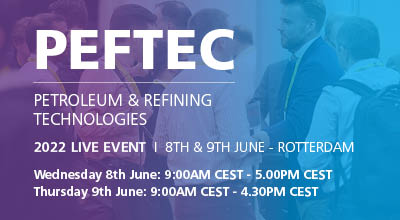| Abstract Title: | Water pricing for conservation, Sustainability and Climate Change |
| Abstract Type: | Oral |
| Session Choice: | Environmental Monitoring of Water |
| Presenter Name: | Mr Malik Nazir Ahmad Wattoo |
| Company/Organisation: | Anjuman Samaji Behbood (ASB) |
| Country: | Pakistan |
Abstract Information :
Overtime, global warming has owed to alteration in the hydrological cycle which in turn changes the amount, timing, form, and intensity of precipitation and the flow of water in watersheds, as well as the quality of aquatic and marine environments. Warming also affects the amount and timing of melting glaciers. Hence, need for improved management of water resources to ensure improved water quality and conservation. One such program that effectively manages the problems of water quality and conservation owing to climate change as well as sanitation - a leading cause of water contamination and environmental degradation - is the "Changa Pani Program" CPP
Literally meaning good water in Punjabi, "Changa Pani" is an integrated water supply, sanitation, health and hygiene project initiated by Anjuman Samaji Behbood (ASB), a non-profit, non-government, community based organization specializing in water supply and sanitation, led by Mr. Wattoo.
CPP is a unique solution based on community mobilization through component sharing. CPP is currently prevalent in Bhalwal, Sargodha; WASA Faisalabad and UC-60 Lahore and operated through the "division of responsibilities model" where government provides the 'external component' i.e. a basic infrastructure of water source connecting to a piped network while the community shares the burden of building an 'internal component' for themselves which includes building toilets and pipe fitting for water supply and sewage pipes from the main lines to the houses . This component is not only built by the community, it is also managed by them, where line managers are nominated by the community. Households share the cost of the internal component and pay tariff for water use once the system is in place. The internal component (including sewage) is financed through a "revolving fund" which is recoverable through water bills.
CPP allows for clean and hygienic water consumption for all members of the community, simultaneous with efficient waste management. Through the Changa Pani Program, water has been successfully commoditized, limiting its use to only those who pay - at the same time however ensuring "access" to water for all and water conservation. For those who can pay the nominal charges as low as five paisa per gallon, there is no shortage of clean and safe water. Hence poverty does not become an excuse . The CPP objectives for water provision are:
- To provide water and sanitation infrastructure for ensured availability of safe drinking water in project area on 24/7 through 100 % water metering.
- To design an effective and culturally relevant behavior change communication strategy through organizing community for water and sanitation services
- Design governance structure for water supply and sanitation services which are pro poor, accountable and gender sensitive.
- Policy learning from the program and interaction of its internal and external institutions.

